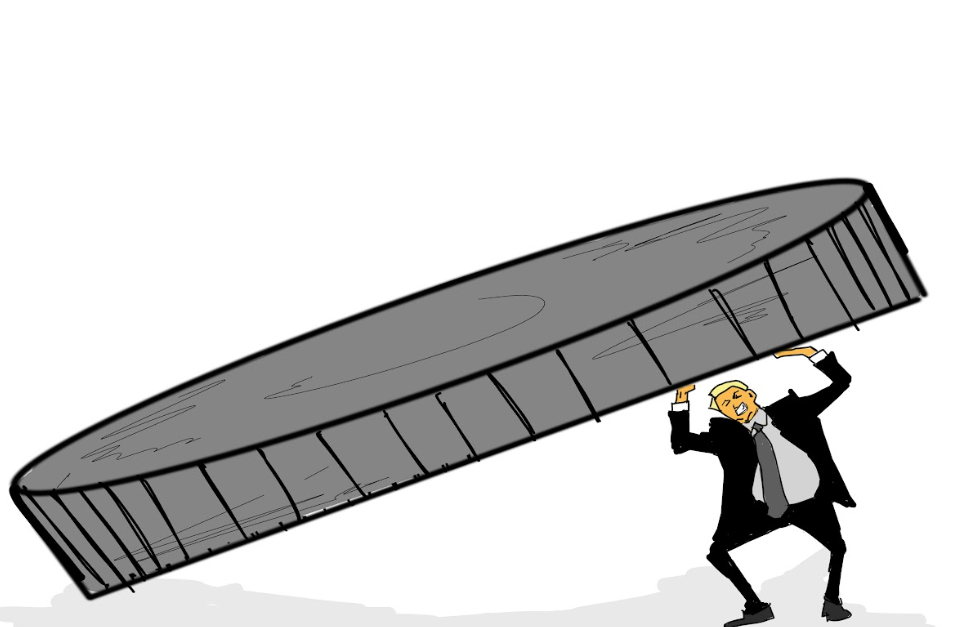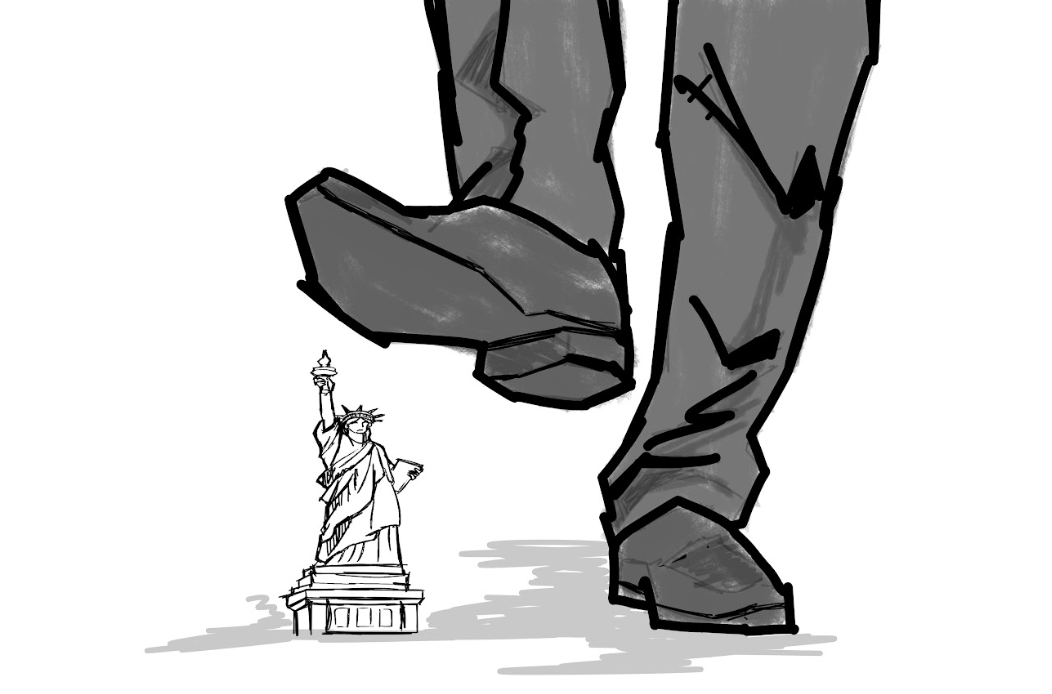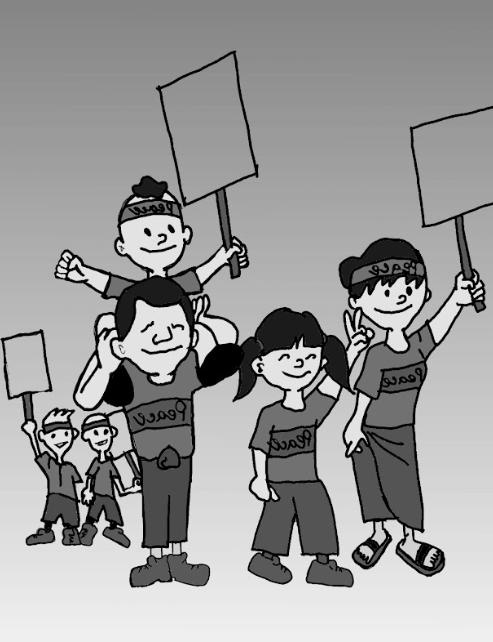According to UTSA’s Tobacco-Free Campus webpage, there are no designated areas for tobacco use on campus. However, anyone who has walked in between the McKinney Humanities building and the Business Building on UTSA’s Main Campus knows that there is in fact an undesignated area where clusters of students can be found daily, enjoying their cigarettes.
The policy states that effective June 1, 2014, smoking and tobacco use are not permitted on the UTSA campuses including parking lots and parking garages.
The university’s web resource also states that voluntary compliance with the law is expected and it is the “shared responsibility of all members of the campus community to respect and abide by this policy.”
Obviously, the huddle of smokers outside of the MH are not compliant with the law as they subject their peers to second-hand smoke.
The Tobacco Free Campus page touts that the policy was implemented out of a sense of social responsibility and to “promote the health, well-being and safety of all university students, faculty, staff and visitors,” after President Romo heard the requests from the UTSA Staff Council and faculty members. This is a nice sentiment, but it is a farce.
Since 2010, UTSA has received $1,471,121 in the form of three separate grants from the Cancer Prevention Research Institute of Texas (CPRIT).
Under CPRIT’s guidelines, “an institution, organization or company that receives grant funding from CPRIT equal to or more than $25,000 during the applicable fiscal year” must be tobacco-free.
Of course, researching cancer is a noble endeavor and most students would agree that they appreciate a tobacco-free campus, but for the university to present the policy under the guise of caring for student’s health and listening to faculty’s concerns is misleading, especially because the policy goes largely unenforced.
If the motivation was to truly respond to student and faculty concerns, why then, were similar measures not taken in designating classrooms as gun-free zones?
A survey conducted amongst UTSA students, faculty and staff portrayed an overwhelming support for this action, yet it fell on deaf ears when the Campus Carry Task Force submitted its recommendations.
To truly care for the wellness and healthfulness of the student body, the university should protect students from second-hand smoke while offering healthful food options. As it stands, there is an utter disregard for vegetarian, vegan or gluten-free students. The one relatively healthy choice, Pita Pit, was replaced with a burger and taco joint.
The tobacco-free policy was implemented to appease the CPRIT and as it goes unenforced, it undermines the credibility of UTSA PD.
If they cannot enforce their own rules, how will they enforce that of the gun-free zones?









